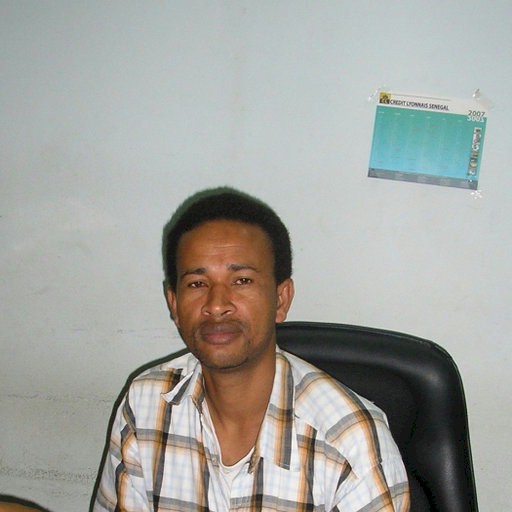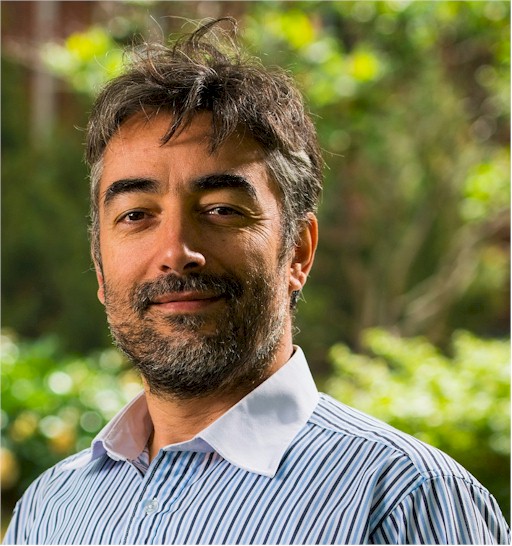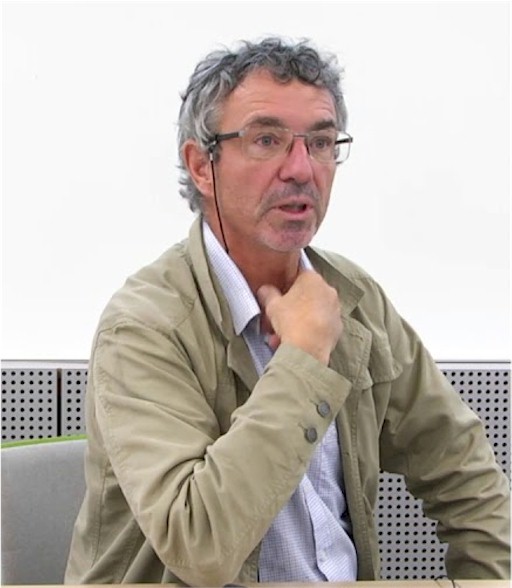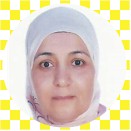Wednesday 14th October 2020 / Mercredi 14 0ctobre 2020
9h – 10h (GMT +1) : Invited speaker: Pascal Bonnet
Titre: «
11h – 12h: Session 1 Informatique
Session 1: Computer Sciences
11h – 12h: Session 1 Mathématiques
Session 1: Mathematics

Univ. Ziguinchor, Senegal
I.1 Analysis of a mosquito life cycle model
University of Maroua,
Cameroon
I.2. Effects on competition induced by periodic fluctuations in environment
University of Thiès,
Senegal

Djiby Sow
14h – 15h (GMT +1) : Invited speaker: Djiby Sow
Titre: On NIST call for the transition into Quantum-resistant cryptography: the round 3 finalists of lattices based cryptosystems
RESUME : In Post-quantum cryptography, we need to design scheme and protocols that resist to attacks using quantum computation. There exist 7 families of cryptography that are believed to resist to quantum computations: Lattice-based cryptography, Code-based cryptography, Isogeny-based cryptography, Quantum key distribution, Multivariate polynomial cryptography, Hash functions-based cryptography and Secret-key cryptography. The classical IFP (Integer factorization Problem) and DLP (Discrete Logarithm Problem) are not secure against quantum computers. For this reason, the National Institute of Standards and Technology (NIST), by a call for submissions in {2016, propose the transition into quantum-resistant cryptography. Two types of schemes where considered: (1) Signatures; (2) Public-key Encryption and Key-establishment Algorithms (namely PKE/KEM). In November 2017, 69 schemes where proposed but most of them are PKE/KEM and signatures based on lattices. For Round 3 Finalists- PKE/KEM we have 3/4 lattices based schemes and for Round 3 Finalists- Digital Signature Algorithms 2/3 lattices based schemes. In this talk we give fist an overview on public key cryptography and post-quantum cryptography, after we present and analysis the lattices based schemes who have reached the final round.
Key words Public key cryptography, Post-quantum cryptography, NIST, Lattices, PKE/KEM, Signature, Security proof, Random oracle model.
16h – 17h: Session 2 Informatique
Session 2: Computer Sciences
16h – 17h: Session 2 Mathématiques
Session 2: Mathematics
Thursday 15th October 2020 / Jeudi 15 Octobre 2020
09h – 10h (GMT +1) : Invited speaker: Bernard Cazelles
Titre: « Prise en compte de la non-stationnarité dans les modèles d’épidémies en considé-rant des modèles stochastiques avec des paramètres variant dans le temps »
RESUME : La propagation des maladies infectieuses dans les populations humaines est un phénomène complexe. En effet, les caractéristiques de la propagation de ces maladies évoluent dans le temps, en fonction d’une multitude de facteurs environnementaux et aussi anthropiques, comme la distanciation sociale… Cette non-stationnarité est le facteur clé de la complexité de la propagation des maladies infectieuses.
11h – 12h: Session 3 Informatique
Session 3: Computer Sciences
11h – 12h: Session 3 Mathématiques
Session 3: Mathematics

III.1. Vers le traitement et optimisation écologique des requêtes
Towards Query eco-processing and optimization
Simon Pierre Dembele, LIAS/ISAE-ENSMA, France


Osmar R. Zaïane
14h – 15h (GMT +1) : Invited speaker: Osmar R. Zaïane
Title: Associative Classifiers From Competitive Predictions to Explainable AI
Today, the limelight is on Deep Learning. With the huge success of deep learning, other machine learning paradigms have had to take the back stage. Yet other models, particularly rule-based learning methods, are more readable and explainable and can even be competitive when labelled data is not abundant. One such rule-based method is the less known Associative classifier. The power of associative classifiers is to determine patterns from the data and perform classification based on the features that are most indicative of prediction. Early approaches suffer from cumbersome thresholds requiring prior knowledge. We will present a new associative classifier approach that is even more accurate while generating a smaller model. It can also be used in an explainable-AI pipeline to explain inferences from other black box predictive models.
https://webdocs.cs.
16h – 17h: Session 4 Informatique
Session 4: Computer Sciences
16h – 17h: Session 4 Mathématiques
Session 4: Mathematics
Friday 16th October 2020 / Vendredi 16 Octobre 2020
09h – 10h (GMT+1): Session 5 Informatique
Session5: Computer Science
09h – 10h (GMT+1): Session 5 Mathématiques Appliquées
Session5: Applied Mathematics

11h – 12h: Session 6 Informatique
Session 6: Computer Sciences
11h – 12h: Session 6 Mathématiques
Session 6: Mathematics
University of Dschang, Cameroon



The CARI has had the pain of losing two of its early companions recently. Lala Andriamampianina and Claude Tangha were two endearing personalities of our community. They will be greatly missed. Each in his own way worked hard for the development of computer science on the African continent. This edition of CARI 2020 is dedicated to them.
Le CARI a eu la douleur de perdre récemment deux de ses compagnons de la première heure. Lala Andriamampianina et Claude Tangha étaient deux personnalités attachantes de notre communauté. Ils nous manqueront beaucoup. Chacun à sa manière s’est beaucoup investi pour le développement de l’informatique sur le continent africain. Cette édition du CARI 2020 leur est dédiée.






























